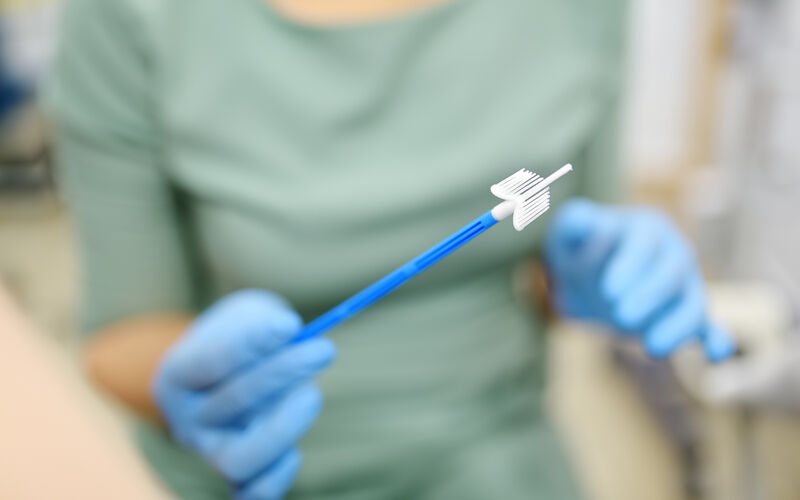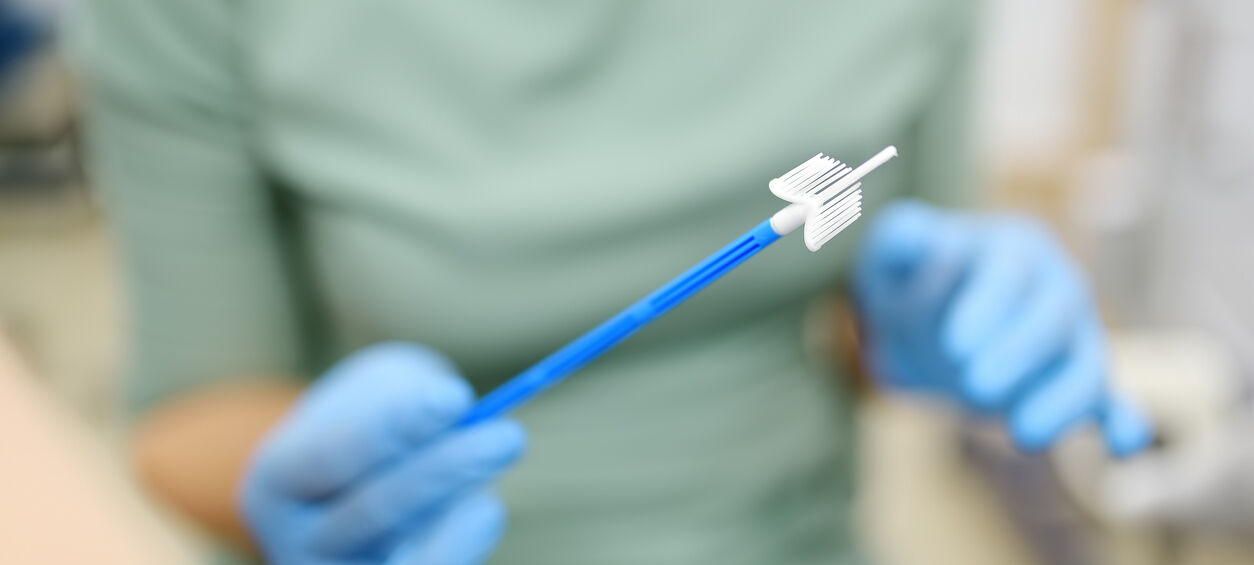FDA Approves At-Home Screening Test for HPV
There is now another option for women to test for HPV (human papillomavirus), the leading cause of cervical cancer.
The U.S. Food and Drug Administration approved the at-home screening test Teal Wand. It is available for those aged 25 to 65 who are at an average risk of developing cervical cancer.
However, the U.S. Preventive Services Task Force recommends screening for cervical cancer every three years using a Pap smear for women 21 to 29 years old.

Monica Avila, MD
Furthermore, women 30 to 65 years old can test for HPV every five years, or receive a cotest, which includes both an HPV screening and a Pap smear combined.
Monica Avila, MD, a gynecologic oncologist at Moffitt Cancer Center, says an at-home HPV screening test will hopefully lead to more people getting tested who previously were avoiding it.
“I think this self-collection hands convenience, responsibility and control back to the patient which is exciting,” Avila said. “As long as this process is streamlined, then it creates a much easier pathway.”
The approval from the FDA came after the company released a nationwide study to show its accuracy, also highlighting that the women involved in the study preferred using an at-home testing option.
In May 2024, the FDA approved self-collection samples for HPV in settings such as primary care offices, urgent care facilities, mobile clinics, and pharmacies.
Avila says an at-home option should not replace your visits to a gynecologist altogether.
“People should be aware this is merely a screening test,” Avila said. “Therefore, if an abnormal result is found, then this should prompt a visit, or if the patient has symptoms unrelated to the collection, then this should also prompt a visit. I see this self-collection as a way to help ease the anxiety and allow for the timeliness of that initial visit. However, this still requires a strong relationship with your gynecologist, who will be interpreting these results.”
In addition to staying on top of testing, there is an HPV vaccine, which protects against the strains of the virus that are most likely to lead to cervical cancer. Although the HPV vaccination prevents new HPV infections, it does not treat existing HPV infections or diseases.




